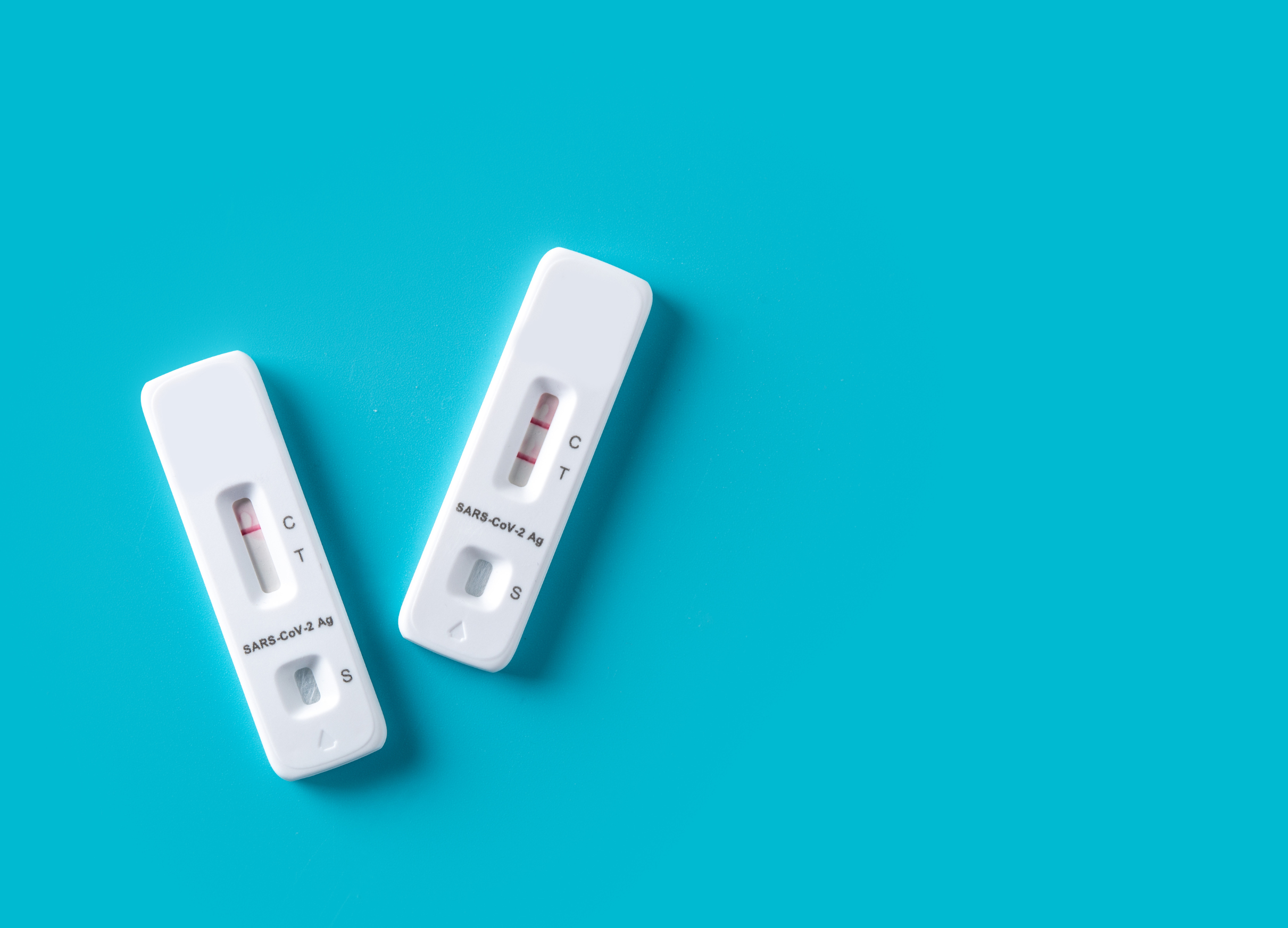1 – Wear a mask
Wearing a well-fitted and high quality mask can help protect you from COVID-19. They are recommended when you’re in a crowded place and you can’t physically distance, if you are visiting a hospital or aged care facility, and if you’ve got COVID-19 or symptoms and need to leave home.
2 – Let fresh air in
People can catch COVID-19 through tiny water droplets, which float through the air. As these droplets can float around for a long time, you’re more likely to catch it in an enclosed space.
Opening windows and doors, using air purifiers or air conditioners, and using fans increases ventilation and reduces the spread; it’s also a good idea to meet outside where possible.
3 – Testing, testing
Anyone with COVID-19 symptoms should stay home and use a rapid antigen test (RAT). PCR testing is also available for those who have symptoms at testing sites.
You should test as soon as you become unwell. If you do test positive, report your positive RAT to the Department of Health online, or call 1800 675 398 and tell people you have recently been with.
4 – Connect to care
Most COVID-19 cases can be managed at home with rest, lots of water, and pain medication if needed. If your symptoms get worse or you’re worried about them, you should contact your GP.
People over 70 years, over 50 with a health condition (over 30 if Aboriginal or Torres Strait Islander), or have a weakened immune system or disability may be able to get COVID-19 medicines.
COVID-19 medicines can stop you from becoming seriously unwell and needing hospital care. These need to be given by a healthcare provider. Contact your GP if you’re eligible as soon as you test positive, as these medicines need to be taken within five days.
5 – Get vaccinated
Vaccinations help your body prepare in case you get COVID-19. Having extra or “booster” doses makes your body’s reaction to COVID-19 work for longer and makes it stronger; this protects you from getting very sick, going to hospital, or dying.
You can stay up to date with vaccinations for your age and personal health needs. If you’ve had COVID-19, you can get vaccinated after three months to make sure you’re protected. To be vaccinated, see your GP or pharmacist or book online at https://www.health.gov.au/resources/apps-and-tools/covid-19-vaccine-clinic-finder.
6 – Stay home if unwell
Anyone with COVID-19 symptoms – such as a cough, sore throat, runny nose, fever, shortness of breath, or chills – should stay home and take a RAT. If you test positive, you should stay home for at least five days or until symptoms go away. If negative, you should stay home until your symptoms go away.
You should also not work at or visit hospitals and aged care facilities for at least five days after you test positive or if you have symptoms.
Accessing GV Region COVID Positive Pathways
Special support and care is available for some people including First Nations people, those over 80 years, people with a disability and their carers, refugees, asylum seekers and those who can’t isolate safely at home. You can get referrals to the COVID Positive Pathways Program via phone on 1800 490 590 (7 days, 8.30am-5pm) or email COVIDMonitoring@gvhealth.org.au.
